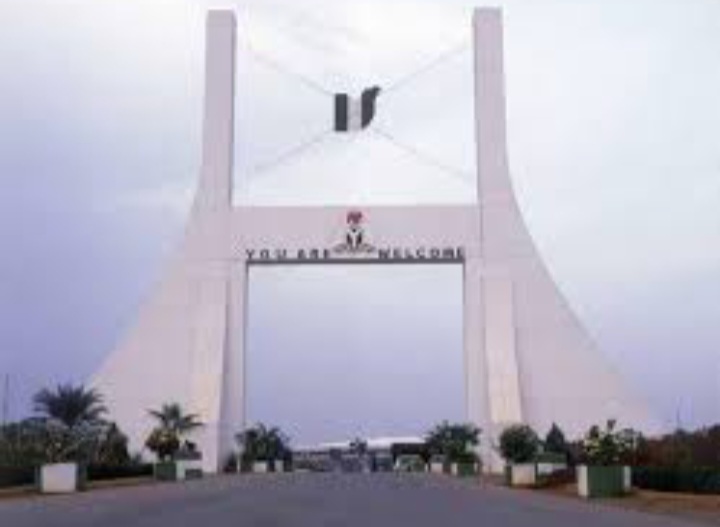As the cost of living increases in the Federal Capital Territory (FCT), commuters and taxi drivers have expressed frustrations over the strain on their wallets.
They spoke in an interview with the News Agency of Nigeria (NAN) on Sunday in Abuja.
According to them, the sharp rise in the cost of necessities is hitting residents hard, prompting concerns about the affordability of daily life in the nation’s capital.
Ms Ekaite Akpan said commuters relying on public transportation felt the pinch more, with bus fares escalating in tandem with the increased cost of fuel and other essentials.
Akpan, a civil servant said: “every day, I struggle to afford transportation to and from work.
“The recent surge in bus fares has placed an additional burden on my already tight budget, making it increasingly difficult to make ends meet.”
Another civil servant, Mr Chukwudi Onuba, reiterated the need for the Federal Government to redeem their promise of providing buses that would help ameliorate the plight of commuters in the FCT.`
` We have been waiting and hoping on the buses promised to us (residents) by the Federal Government but we are yet to see the buses.
“Honestly, the situation of things is not getting any better. Many people are suffering. The cost of transportation has affected most products in the market.
“We need God’s intervention to pull through because that is the only hope for the common man.”
Similarly, Mr Godwin Tingir, an office assistant, urged for government intervention to address the rising cost of living in the territory.
Tingir said:“in less than a week from now, many schools will be resuming from the Sallah holidays and you know what that means? Time to pay school fees.
“As a parent, I am dreading the resumption because I have not been able to save any money for payment of my children’s school fees.
“All the money I made, I have spent for feeding and other housekeeping expenses .”
Mr Shina Bello, a taxi driver, lamented how he and his colleagues were also grappling with the economic fallout of rising living costs.
Highlighting the challenges of taxi operators, Bello said: “we understand that fuel prices have risen.
“But the subsequent increase in the cost of living has made it exceedingly difficult for us to sustain our livelihoods.
“In spite of the uptick in fares, our earnings are barely enough to cover expenses, let alone turn a profit.”
Similarly, another driver, Mr Obinna Obiekwe, reiterated that many Nigerians were feeling the squeeze of increased living cost on their disposable income.
Obiekwe said:“ with prices of essential goods and services on the rise, families are being forced to tighten their belts and prioritise spending.
“Personally, I cannot explain what is going on now. I think we are experiencing what they call inflation in economics right now in the country.
“This is because even when you think you have some money, when you take it to the market, you will barely buy all that you need before the money finishes.
“I understand the government is making efforts but I do not think it is good enough, much more still needs to be done and urgently. We need urgent solutions.”
Meanwhile, a financial expert, Mr Francis Adams, said in response to the mounting pressure, there was an urgent need for measures that would alleviate the financial burden on residents.
Adams said it was crucial for relevant authorities to implement policies aimed at curbing inflation and stabilising prices of essential commodities in the country.
“The current economic climate is unsustainable for ordinary citizens.
“We need decisive action from policymakers to address the root causes of rising living costs and ensure that the welfare of residents is safeguarded.
“The plight of commuters and taxi drivers serves as a stark reminder of the challenges facing ordinary Nigerians in the face of economic uncertainty, especially with the rising cost of living.
“This will put to test the resilience of communities, thus, underscoring the need for concerted efforts to address the underlying issues driving inflation and restore stability to the economy,’’ he said. (NAN)


